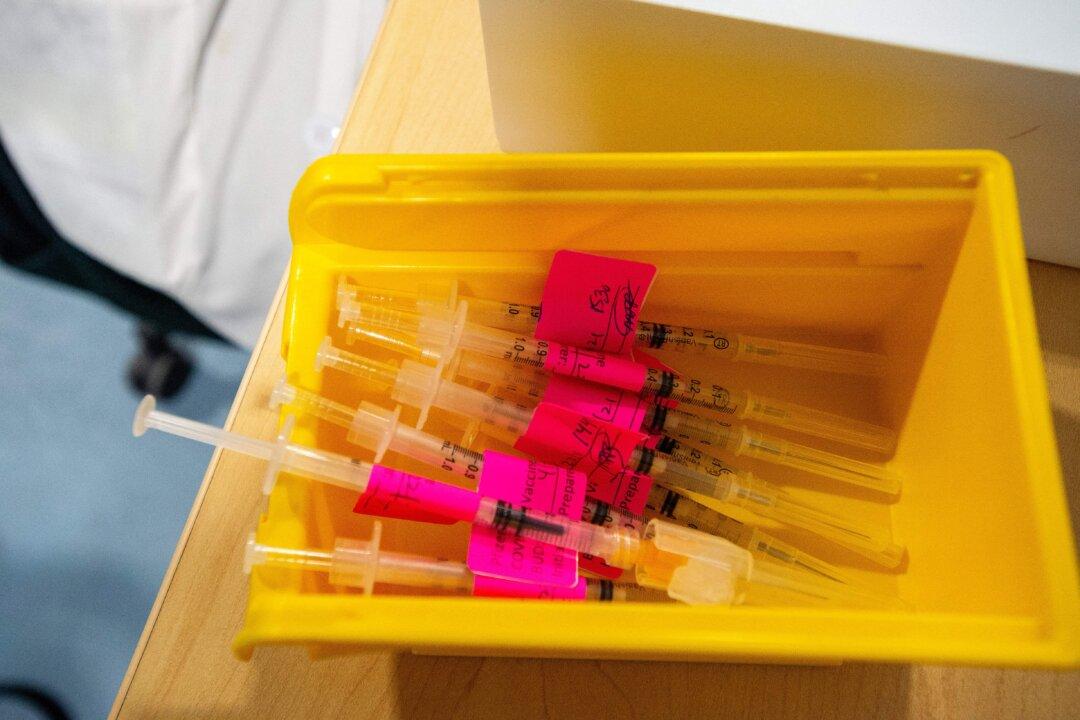COVID-19 vaccine was detected in patients who died within a month of vaccination, according to a new study.
U.S. researchers analyzed tissue samples from the autopsies of 25 people, including 20 who were vaccinated.

COVID-19 vaccine was detected in patients who died within a month of vaccination, according to a new study.
U.S. researchers analyzed tissue samples from the autopsies of 25 people, including 20 who were vaccinated.